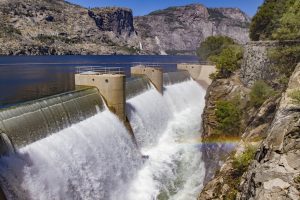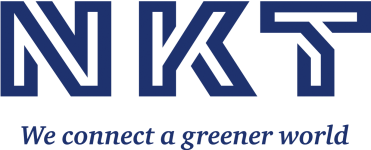

NKT has been a signatory to the UN Global Compact since 2009 and the business runs in accordance with the UN’s Sustainable Development Goals. They are also setting ambitious Science Based Targets supporting the 1.5°-scenario of the Paris Climate Agreement. The Science Based Targets initiative has validated and approved NKT’s near-term emissions reduction targets as part of the company’s decarbonization journey. NKT has also committed to setting long-term emissions reductions targets, in order to reach net-zero by 2050.
NKT has set the target of sourcing 100% renewable electricity from 2023 and through to 2030. They also aim to reduce Scope 1 and 2 emissions by 90% by 2030, compared to a 2019 baseline.

The production of renewable electricity is certified by Energy Attribute Certificates (EACs). These are the accepted legal instrument through which claims of renewable energy generation and consumption are substantiated in the global renewable energy market. There are different types of EAC for different regions of the world, and they are all in compliance with the quality criteria set by the Greenhouse Gas Protocol in the latest Scope 2 guidance document.